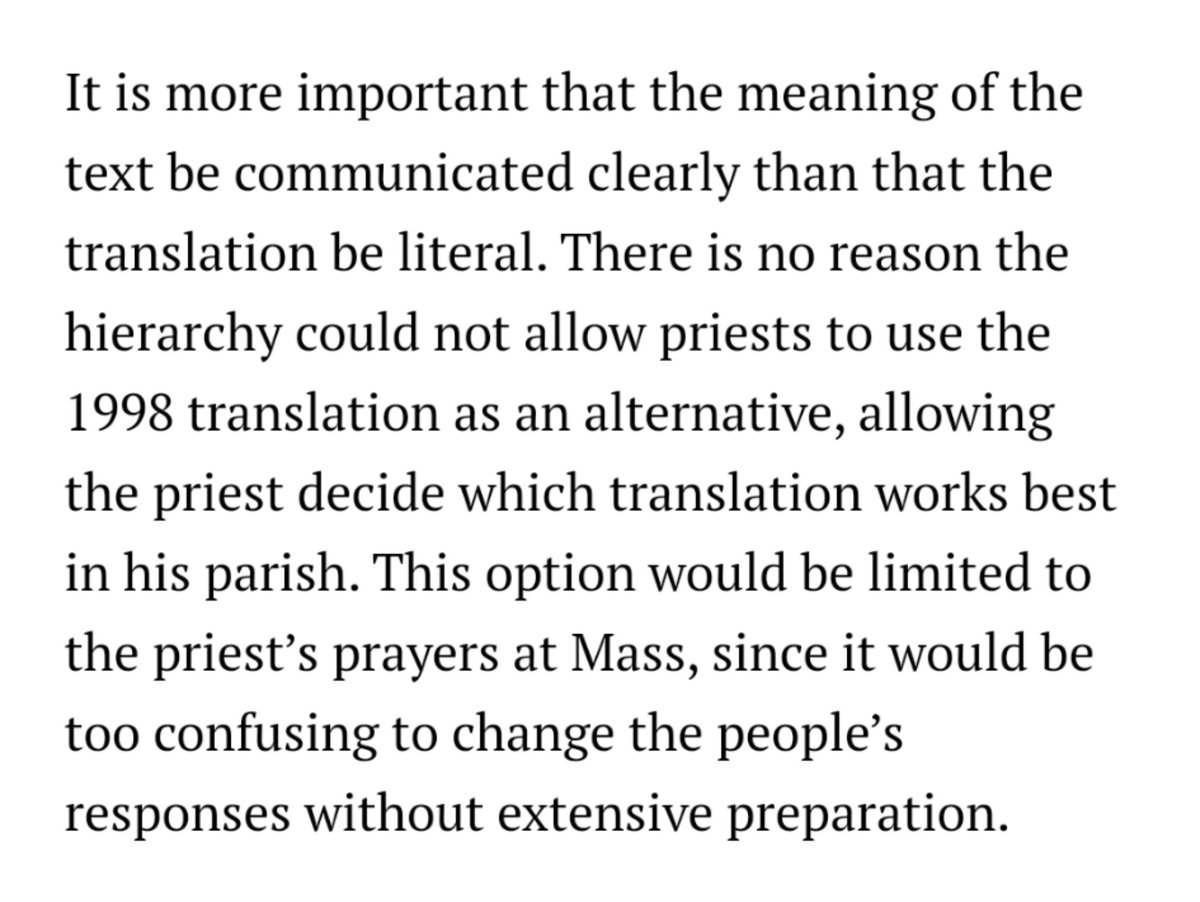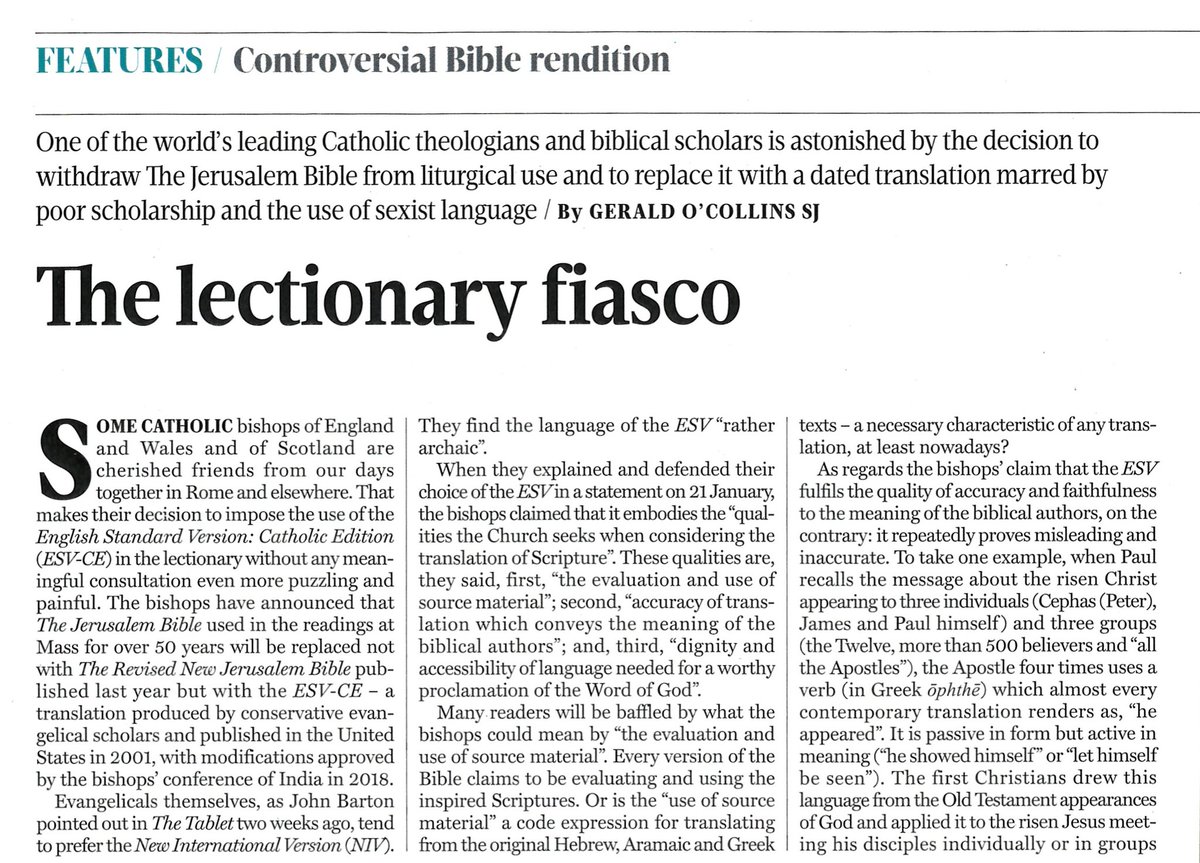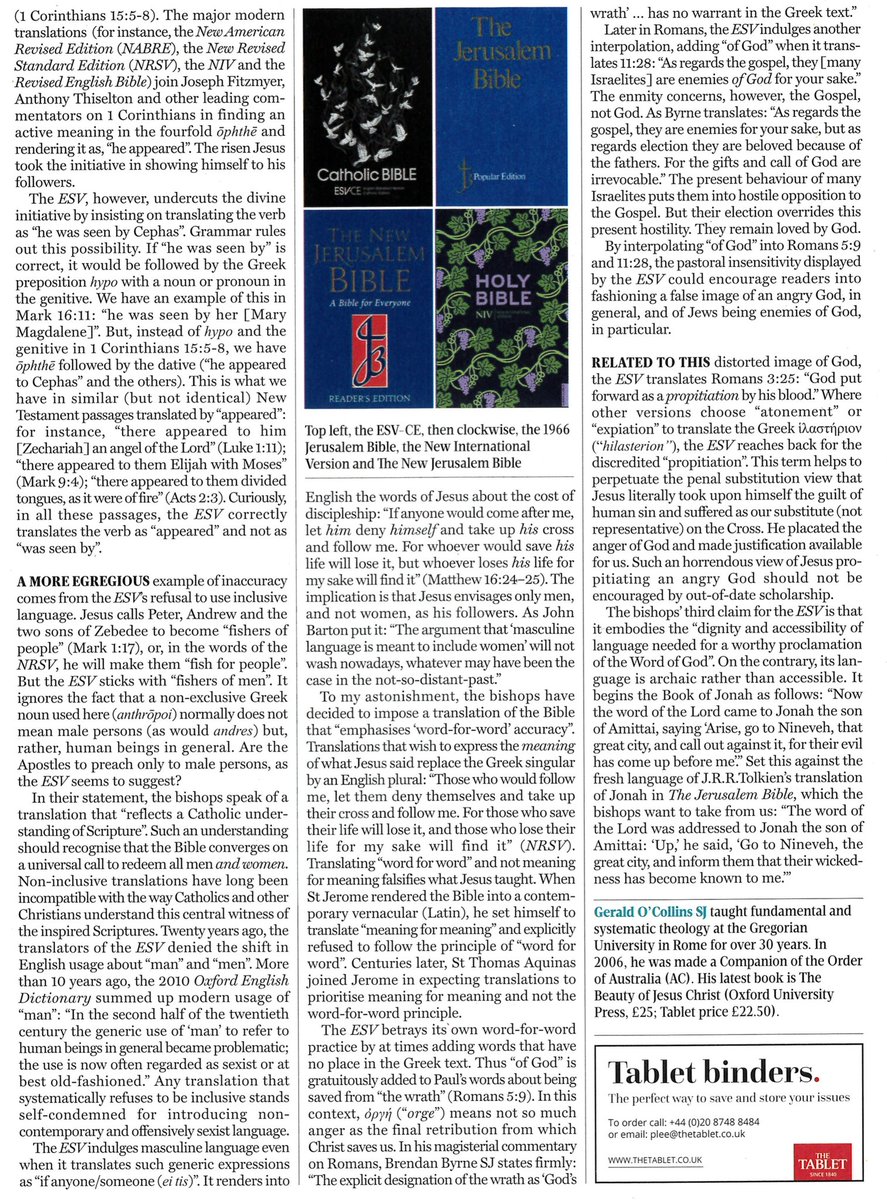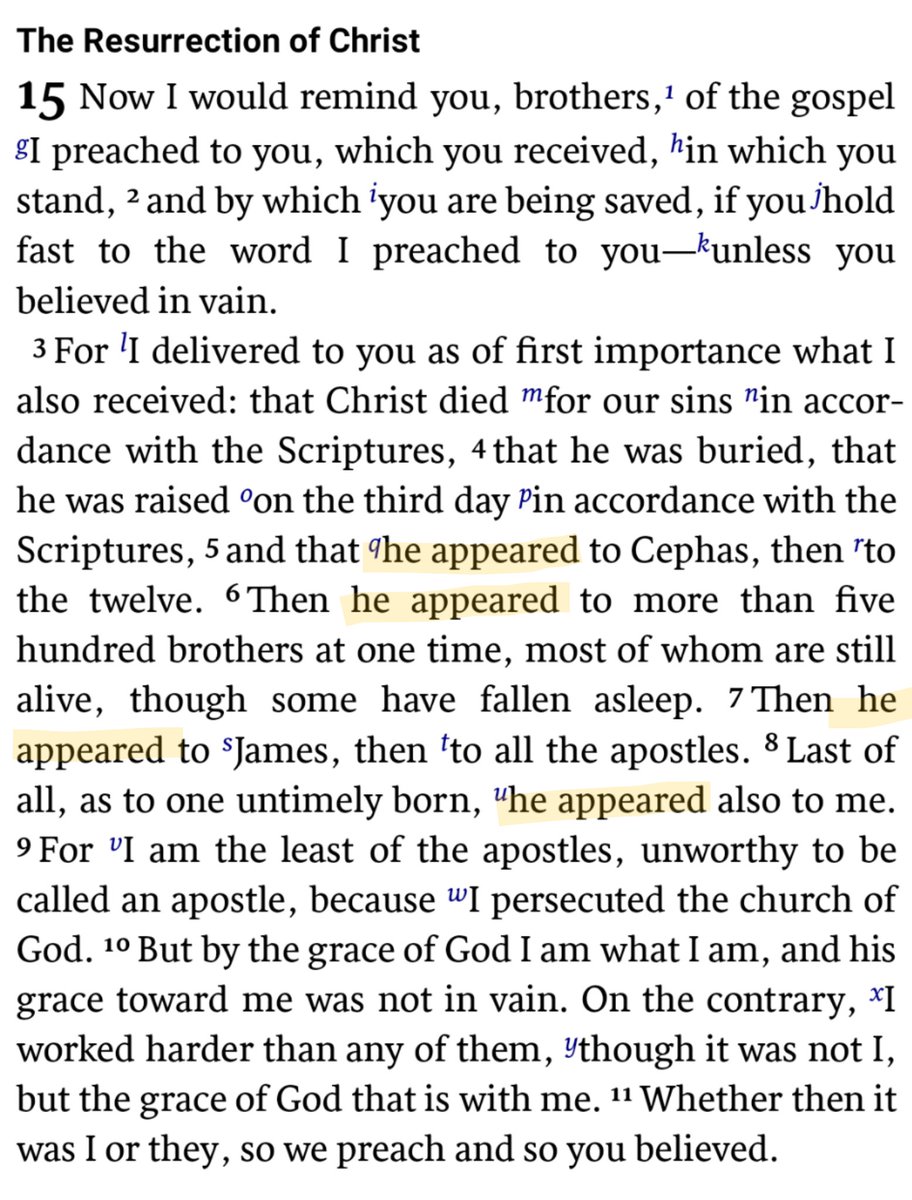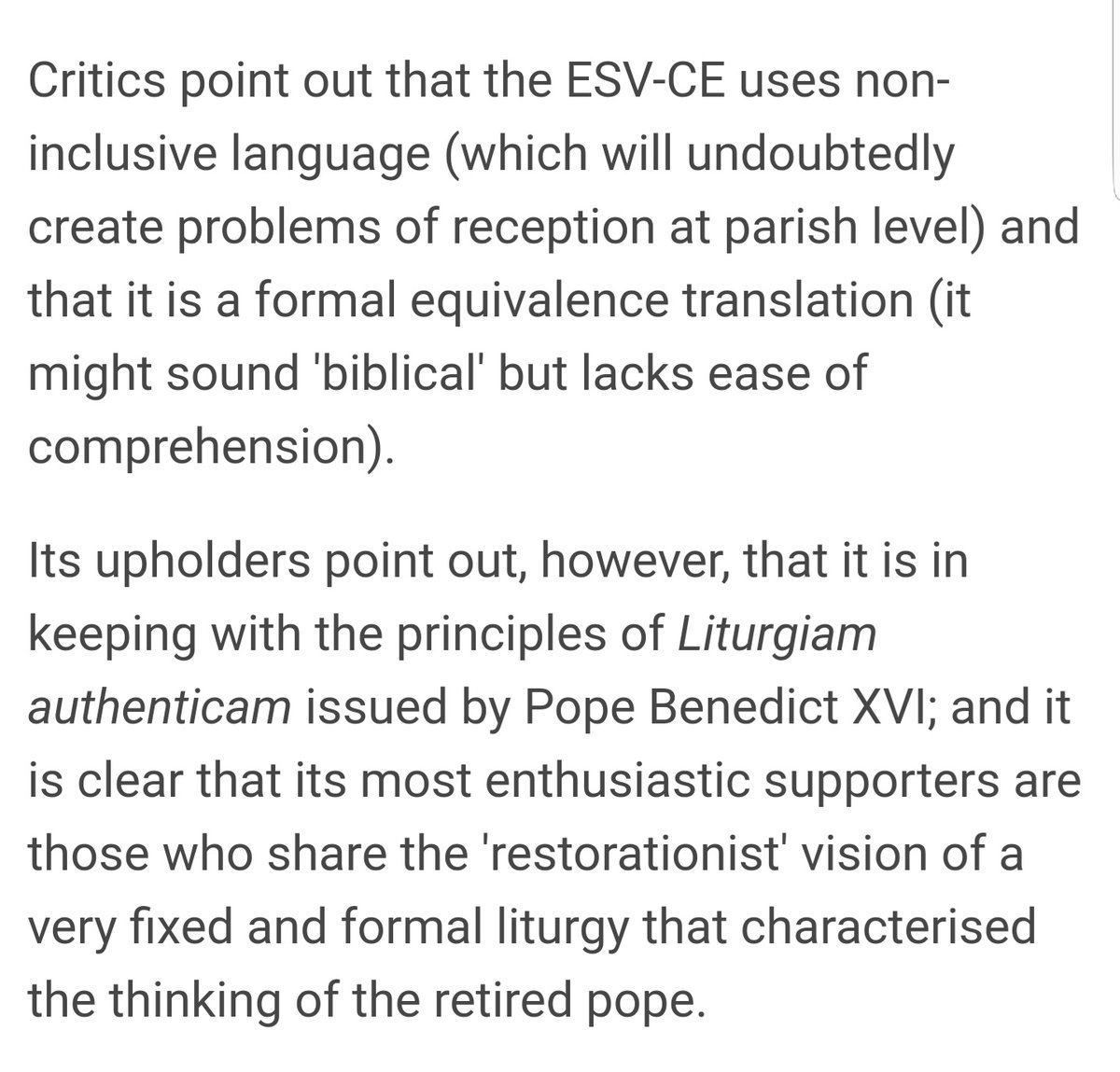
"The future of liturgical reform": a perpetual, never-ending 1970s, that can’t be bargained with, can’t be reasoned with, doesn’t feel pity, or remorse, or fear, and absolutely will not stop, ever, until the liturgy is dead. religionnews.com/2021/04/13/the… (h/t @RorateCaeli)
"Can a deacon or layperson anoint the sick or hear confessions?"
10 PRINT "TRENT SAYS NO"
20 GOTO 10
RUN
10 PRINT "TRENT SAYS NO"
20 GOTO 10
RUN
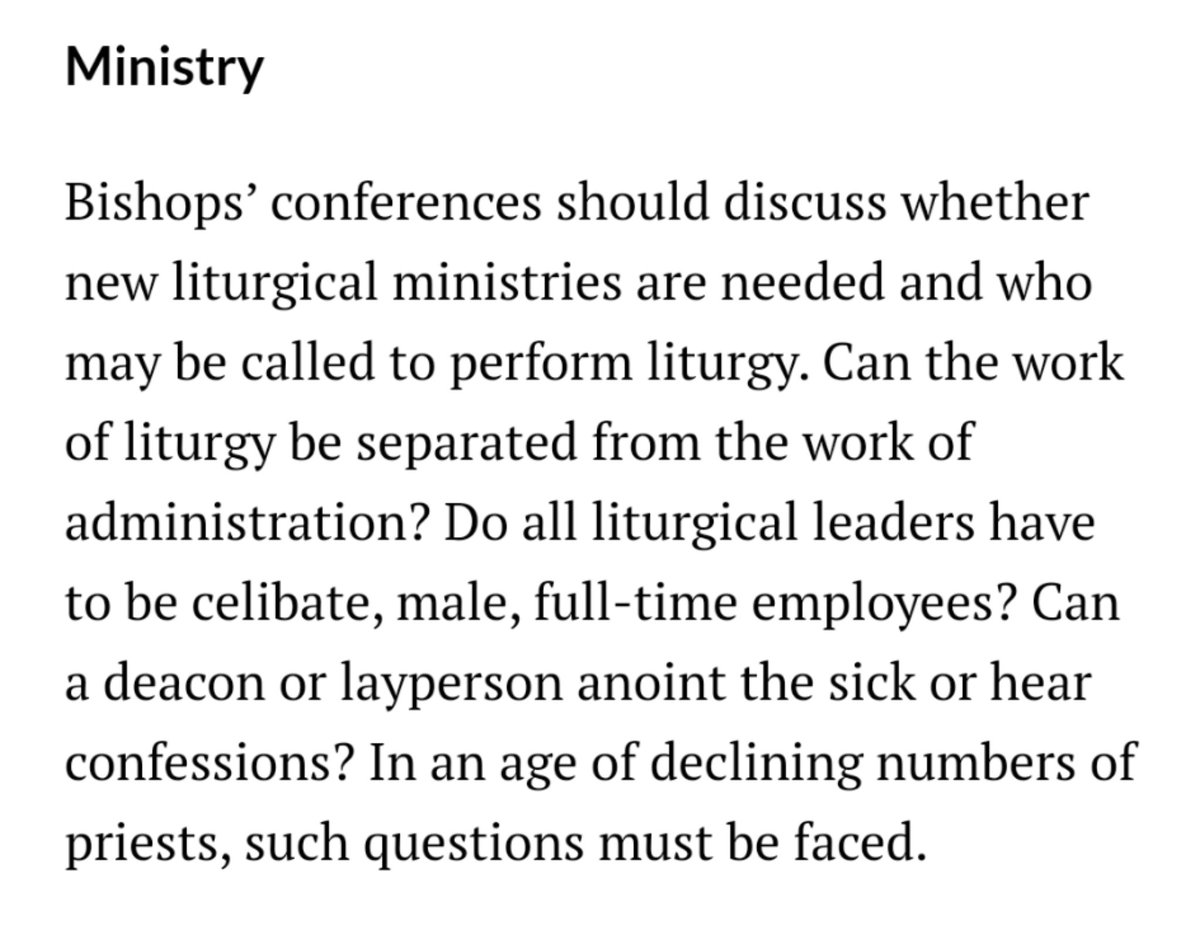
With this logic, what's to stop non-Christian spouses recieving Holy Communion?
Just give it to everyone - we don't even read 1 Corinthians 11:27-29 anymore, so who even cares, amirite? </sarcasm>
Just give it to everyone - we don't even read 1 Corinthians 11:27-29 anymore, so who even cares, amirite? </sarcasm>
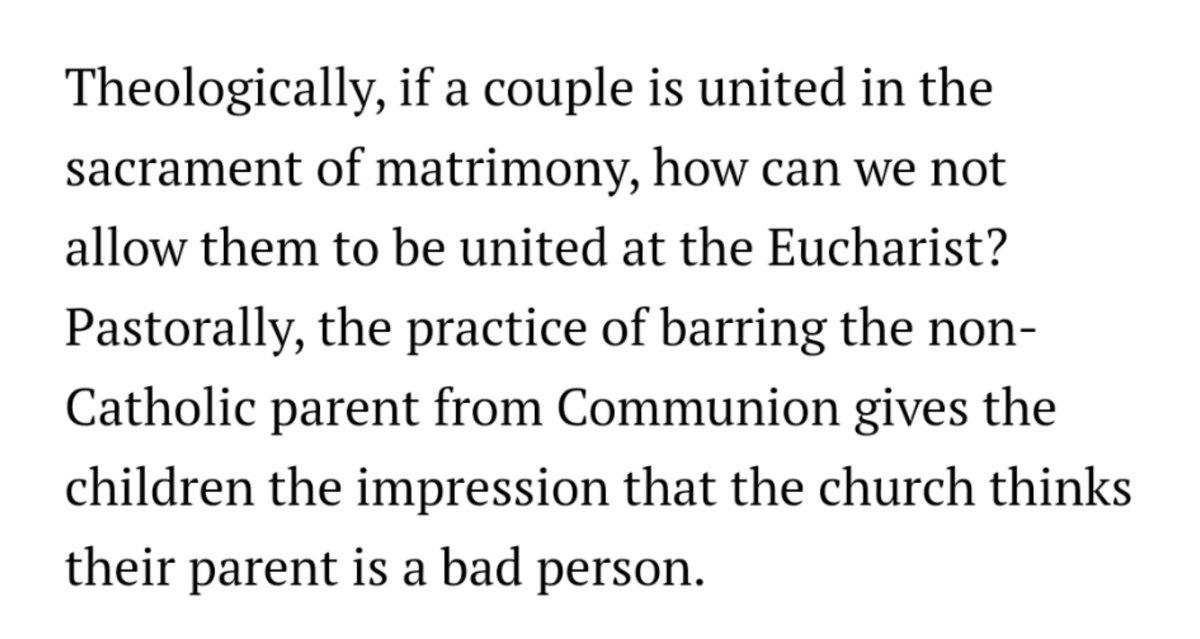
How does Fr Reese plan on stopping children and young people attending the EF? Is this part of his plan to repurpose all the Covid stewards?
(but seriously, telling teenagers that they can't go to an EF Mass is probably just going to make them want to go even more)
(but seriously, telling teenagers that they can't go to an EF Mass is probably just going to make them want to go even more)

More Eucharistic prayers! More prefaces! A themed liturgy every week - just like Sesame Street's "Number of the Day"! How gloriously infantilising! Sign me up!
(disclaimer: this is a joke, do not sign me or anyone else up)
(disclaimer: this is a joke, do not sign me or anyone else up)
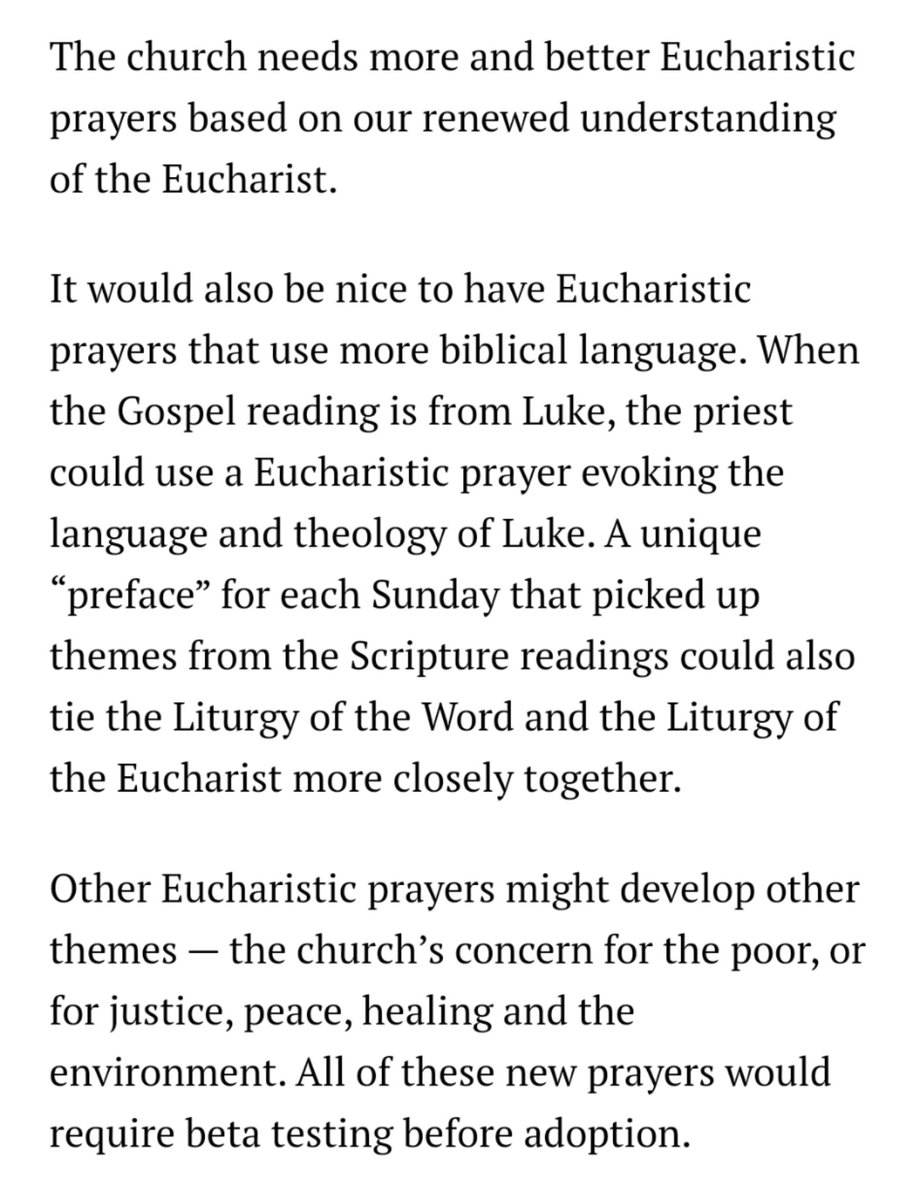
Thankfully, the future of the Roman Rite is tradition!
And I hope that I will live to see the zombie 1970s finally laid to rest, while also playing my part to make that happen!
(image from 2017 Chartres pilgrimage, © Phil Roussin: flickr.com/photos/pbr-pho…)
And I hope that I will live to see the zombie 1970s finally laid to rest, while also playing my part to make that happen!
(image from 2017 Chartres pilgrimage, © Phil Roussin: flickr.com/photos/pbr-pho…)
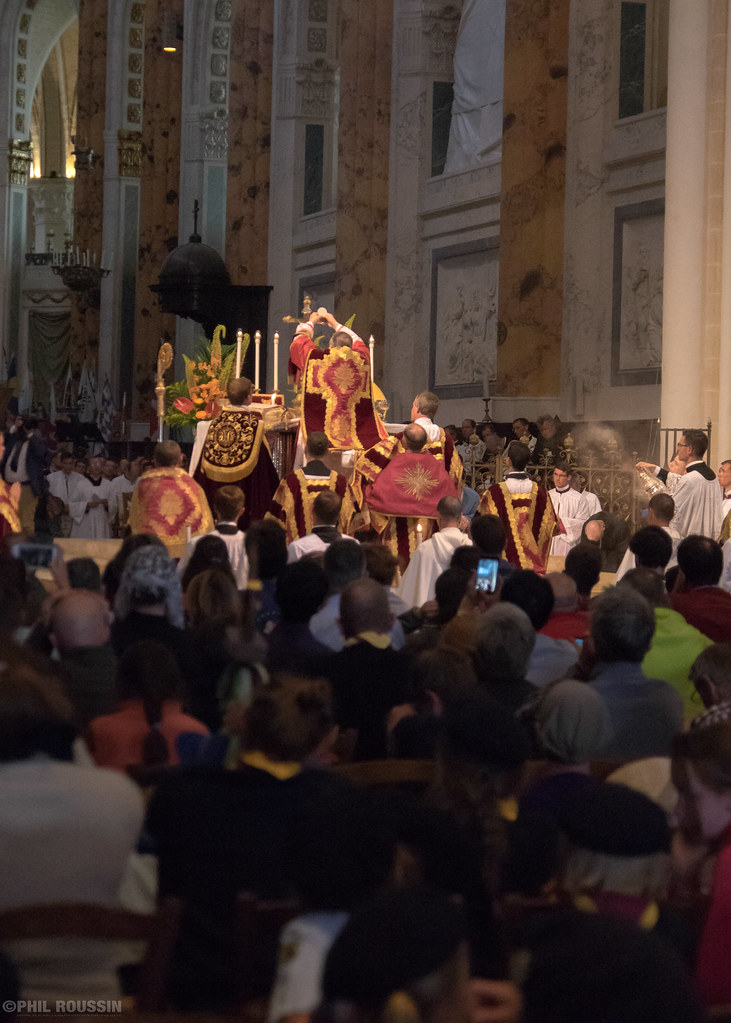
• • •
Missing some Tweet in this thread? You can try to
force a refresh
